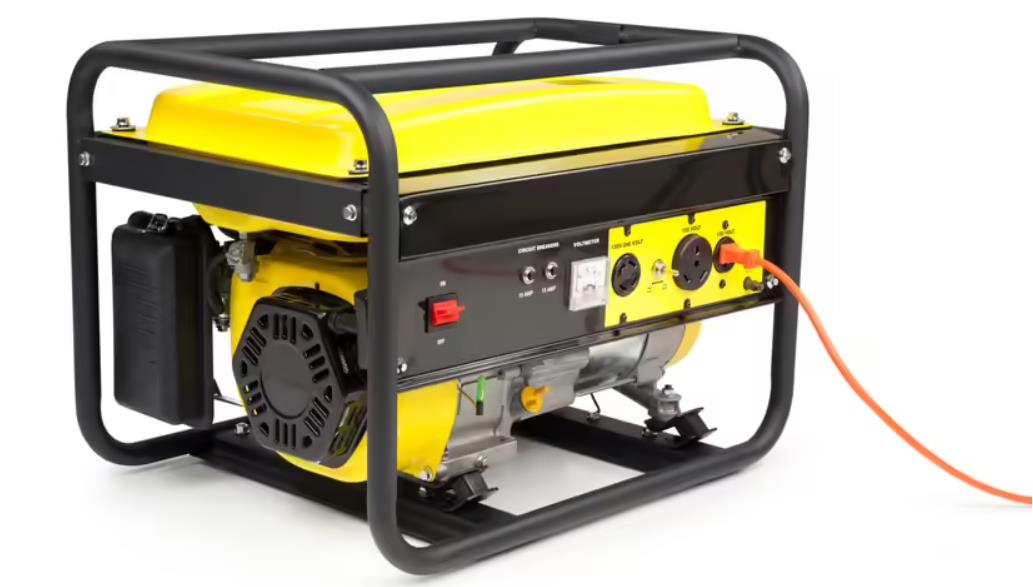1. Understand Your Power Needs
Before diving into the specifics of different generators, it’s crucial to assess your power requirements. Start by listing all the appliances and systems you want to keep running during a power outage. Common essentials include:
- Heating and Cooling Systems: Furnace, air conditioning units.
- Kitchen Appliances: Refrigerator, freezer, microwave.
- Lighting: Essential indoor and outdoor lighting.
- Medical Equipment: If you or a family member rely on medical devices, this is a priority.
- Others: Sump pumps, home security systems, and entertainment systems.
Once you have a comprehensive list, calculate the total wattage required. This will guide you in selecting a generator with the appropriate power capacity. Generators are typically rated in watts, and you’ll need to ensure that the generator you choose can handle the combined wattage of all your critical devices.
2. Types of Standby Generators
Standby generators come in different types, each with its own set of features. Here are the most common types:
- Air-Cooled Generators: These are generally suitable for smaller homes and provide adequate power for essential appliances and systems. They are more affordable and easier to install but may be louder and less efficient in extreme weather conditions.
- Liquid-Cooled Generators: Ideal for larger homes or properties with higher power demands, these generators are more robust and efficient. They can operate in a wider range of temperatures and are usually quieter, but they come with a higher price tag and more complex installation requirements.
3. Fuel Types
Standby generators can run on various fuel types, each offering different benefits and considerations:
- Natural Gas: This is a popular choice for standby generators as it is readily available and requires minimal maintenance. However, its availability is dependent on your local utility infrastructure.
- Propane: Propane is another clean-burning fuel option. It requires a dedicated tank, which can be refilled as needed. This option is often preferred for its longer shelf life compared to gasoline.
- Diesel: Diesel generators are highly durable and suitable for heavy-duty applications. They are often used in commercial settings but can be an option for large residential needs. Diesel generators are typically louder and require more maintenance.
- Gasoline: While gasoline generators are generally less expensive, they are not ideal for standby use due to fuel storage concerns and shorter shelf life.
4. Consider Installation and Maintenance
Proper installation and maintenance are crucial for the effective operation of a standby generator. Professional installation ensures that your generator is set up correctly and complies with local codes. It’s also important to choose a generator that is easy to maintain. Regular maintenance, including oil changes and filter replacements, is essential to keep your generator running smoothly.
Additionally, consider the placement of the generator. It should be installed in a well-ventilated area to prevent carbon monoxide buildup and be positioned away from windows and doors to minimize noise. Professional installers can help determine the best location based on your home’s layout and local regulations.
5. Automatic Transfer Switch
An automatic transfer switch (ATS) is a critical component of any standby generator system. It automatically detects a power outage and switches the power source from the grid to the generator. This seamless transition ensures that you have continuous power without manual intervention. When selecting a generator, ensure that it is compatible with an ATS and that the switch is properly installed to handle your power needs.
6. Noise Levels
Noise levels can be a significant concern, especially if you live in a densely populated area. Standby generators come with varying noise levels, typically measured in decibels (dB). Check the noise rating of the generator and consider models designed for quieter operation if noise is a concern. Some models include sound-dampening features or enclosures to reduce noise.
7. Brand Reputation and Warranty
Choosing a reputable brand can make a big difference in the reliability and longevity of your generator. Research different manufacturers and read reviews to gauge their reputation for quality and customer service. Additionally, check the warranty offered with the generator. A good warranty can provide peace of mind and protect your investment in case of defects or issues.
8. Budget Considerations
Finally, consider your budget. Standby generators can range from a few thousand dollars to over ten thousand, depending on size, features, and fuel type. While it might be tempting to go for the cheapest option, remember that investing in a higher-quality generator can save you money in the long run through reduced maintenance costs and improved reliability.
Conclusion
Selecting the best standby generator for your backup power needs involves careful consideration of your power requirements, fuel options, installation, and budget. By taking the time to evaluate these factors, you can ensure that you choose a generator that will provide reliable power during outages and keep your home and family safe. Whether you’re looking for an air-cooled model for a small home or a liquid-cooled system for a larger property, there’s a standby generator out there that fits your needs. With the right choice, you can rest easy knowing you’re prepared for any power interruption that comes your way.

